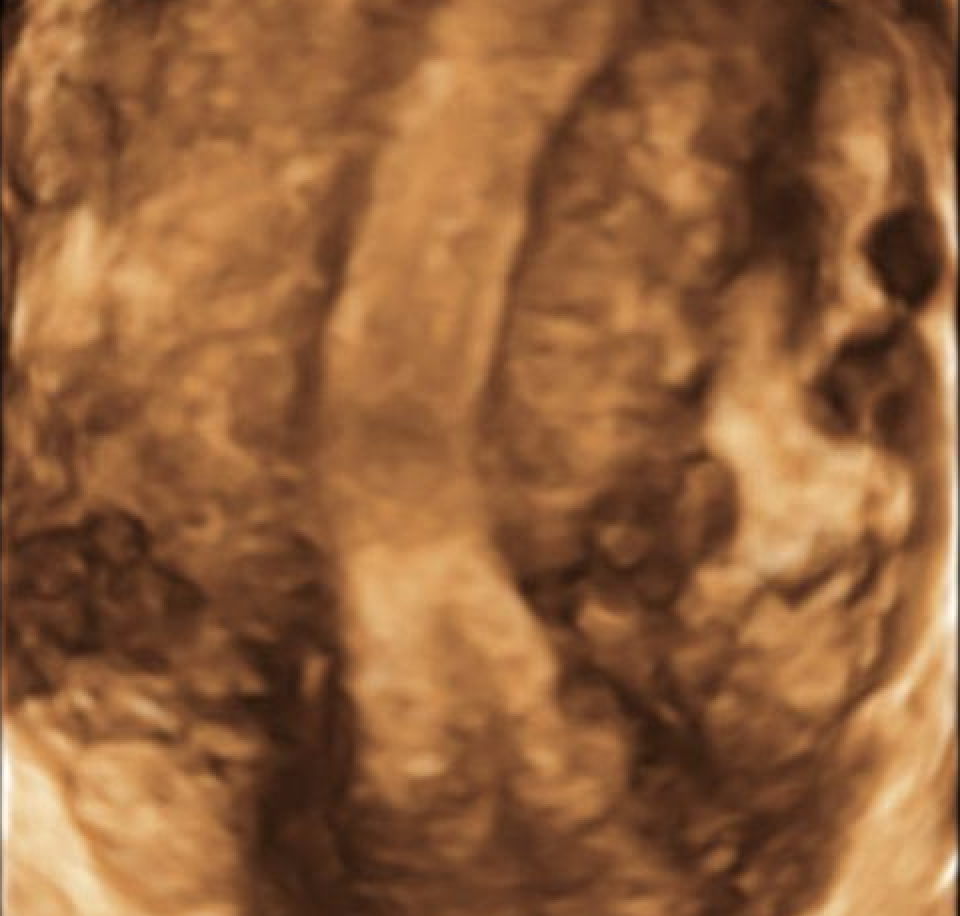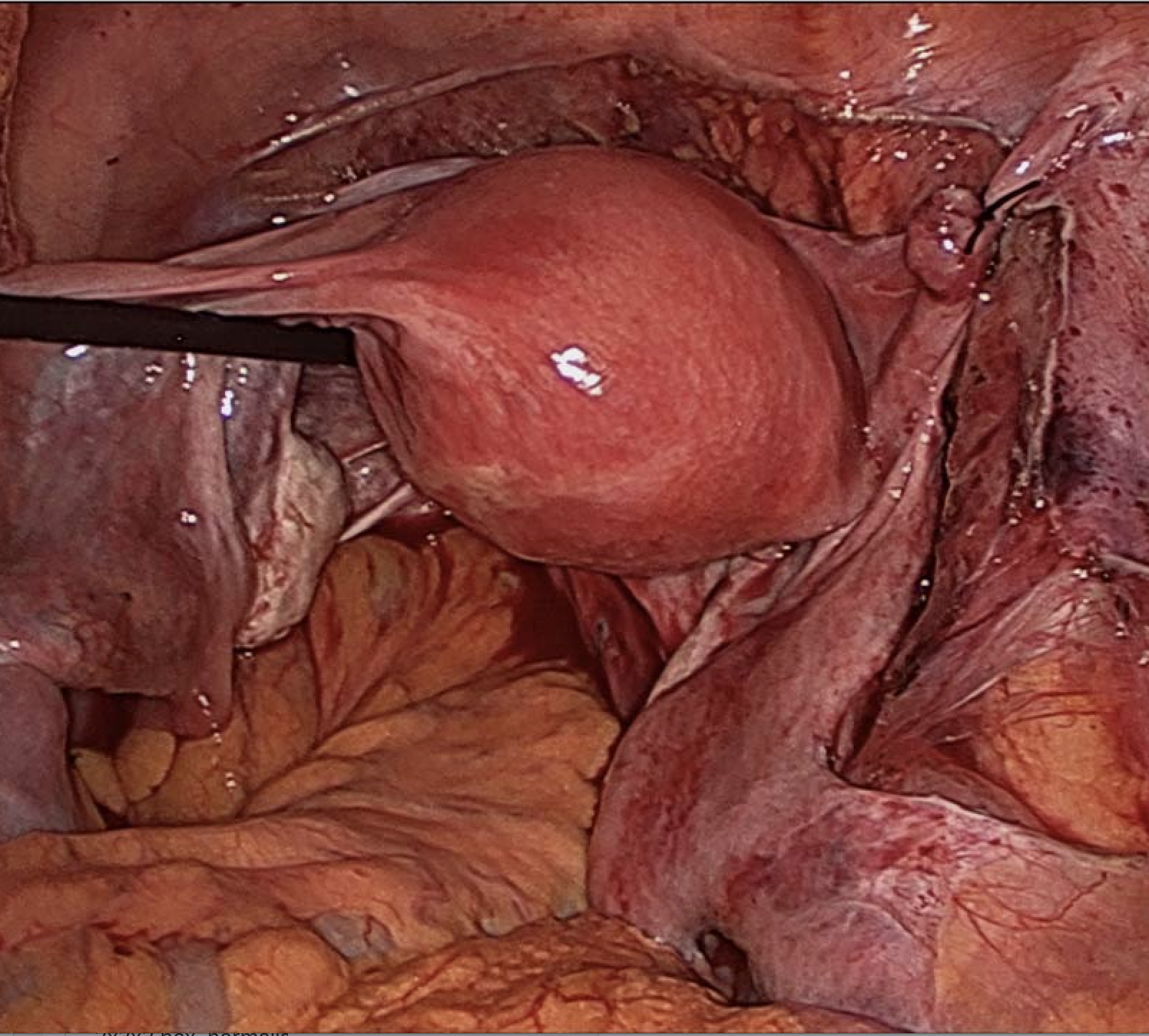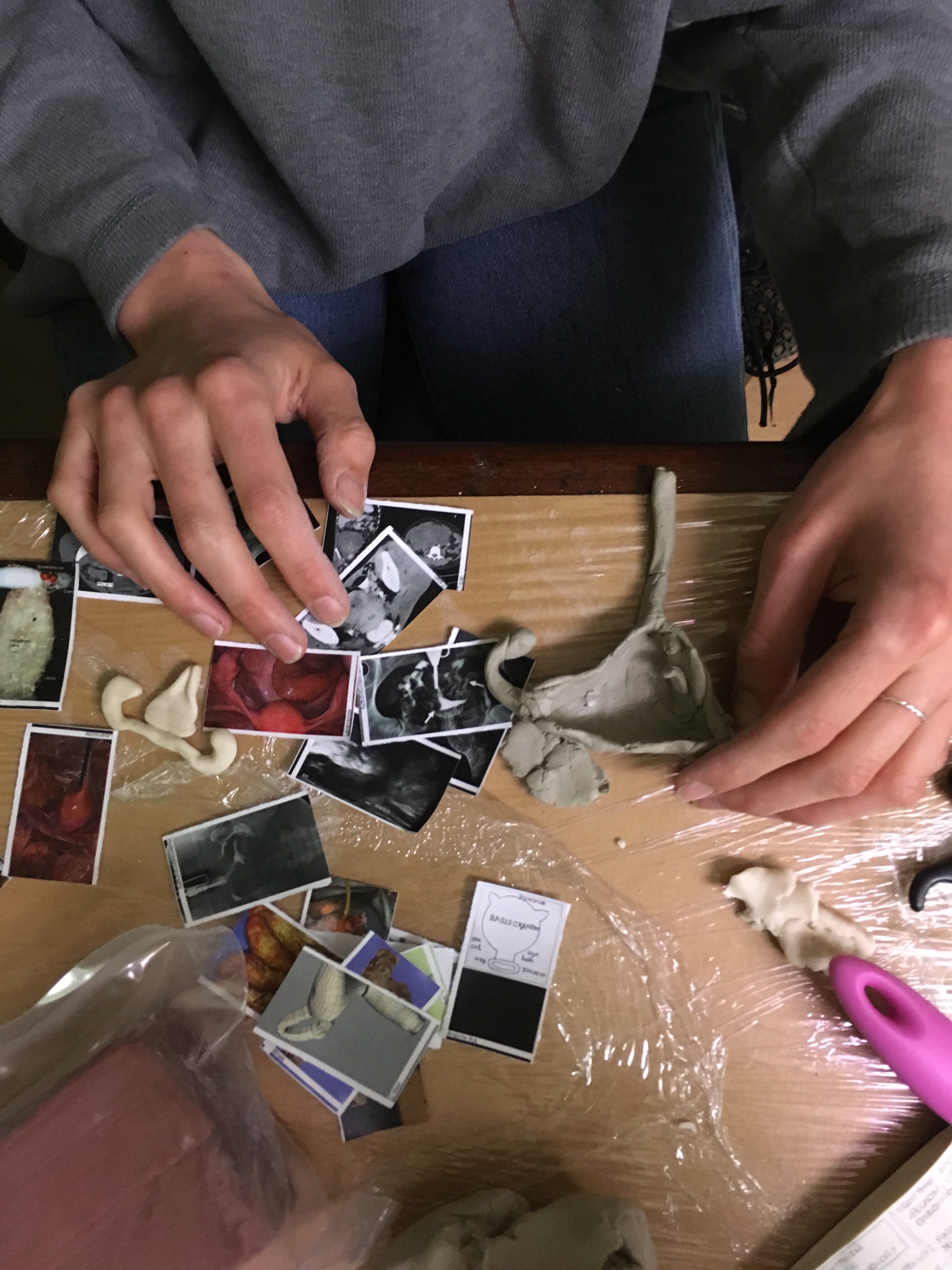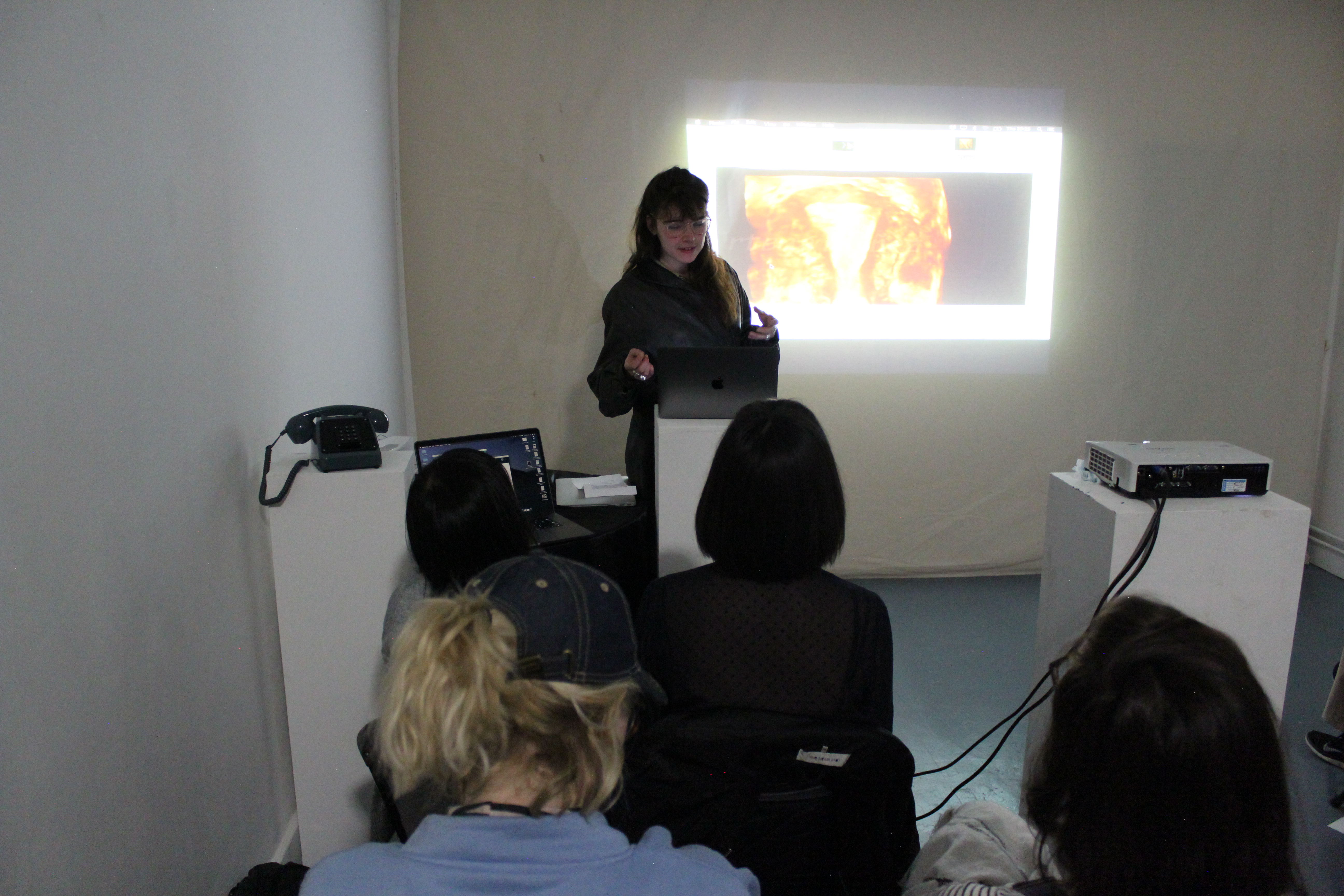Home
XV. POSTPHENOTHING
24/03/2019
Being Uterii
Theoretical framework: As Jane Bennet introduces in her book vibrant matter, the following text is built around the idea of writing from a thing perspective. Nonetheless different from post-phenomenology, it is also about enabling access to new forms of conceivable phenomenon built around non-anthropocentric standpoints and scales. It is part of my process to try and destandardised our gaze by giving agency to non-human perspectives meanwhile avoiding forms of gazing-colonialism. A very risky task, which I experiment through Uterii. As Ian boost suggests in Alien Phenomenology, Or, What It's Like to be a Thing, I will try here to speculate on minuscule perceptions, new ways of seeing through matter rather than gaze, new ways of telling through sound rather and textures than words.
What is it like to be a Uterus?
To be pictured through metal cables?
Portrayed by a hall of human mirrors?
Are some of the questions I will address in the text.
Meanwhile, thing power enables a never exhausted semiotic field, based on an ontology of the vibrant. Being body, matter, hardware or software. Could we talk even of wetware? This form of writing - from the perspective of the alien other, acknowledges the potency of affective bodies and their web of inter-actions. It is about emergence, the sudden vibration of the unseen, the non-human, the trash, the abject, the not-worthy to be looked at.
Shall the Uterus now emerge from my poor writing, I already apology for my inability to fully translate its intentionality and essence, as my language is just a human tool unable to depict the inexhaustible expressivity of it non-human alter.
Pink dark soft blue moisture dense sound suffocation, but this is the inside
Corrupted I still try to look into you
Again
This time from the outside
Nothingness, its dark. Nothing to see as you have no sight
A vision, is of fluid intra-actions with the other
The other that make me and are made of them
Them which made you
They constantly speak with you and not to you
Loss is part of the process
The cavity thickens,
soft sponge
a dense matter drops
You are non-verbal
But violent to the others
Especially your neighbour from above,
You mess it up, pushing air where it should not be
Are you aware that you are part of a program?
It seems not, how could you? with no words.
You only care about yourself through others,
I care about you because of the others
But I never thought of you
I thought you were me
But you are not, you are, you are you, you are them and you are what I will be in the other.
Again, I now write for you but not from you.
Again
Pulsating rate, no sight, no colours
Motions, increase, decrease, expel, grow,
Nonpredictable generative loop
A matrix with no program
I can not. You are too close to be mine,
Objectification as fate.
Words can not speak for you, your language is not culture
Your language is nurture and I would betray
It, if by words I translated
It
Reflection: I have heavy anthropocentric difficulties writing from this thing perspective. As Nietzsche noticed with his ball-typewriter, the tools we create shape us. Meanwhile, we frame our culture within according tot he technology we made to sustain it. Language being a tool, it shapes both my discourse and encounters with the thing. So, if I try and speak for the thing by mean of language am I not corrupting thing’s agency? Further, while writing I felt that no words existed to describe what a uterus phenomenology could be. If I were to create them, It would be from a bio-coloniser standpoint. Fuilds and bodily exchanges sustain themselves without help from the phalogocentric technics. Why should we put our words on it? Maybe to give it agency and therefore recognition, but how could we do this without imprisoning it in linguistic fixation? I will try again throughout Uterii journey.
BIBLIOGRAPHY
Bogost, I. (2012). Alien Phenomenology or, What It’s Like to Be a Thing. [online] Philpapers.org. Available at: https://philpapers.org/rec/BOGAPO [Accessed 27 Mar. 2019].
Bennett, J. (2010). Vibrant matter : a political ecology of things. Durham: Duke University Press.
Still to be read
Rosenberger, R & Verbeek, PPCC 2015, A field guide to postphenomenology. in R Rosenberger & P-P Verbeek (eds), Postphenomenological Investigations: Essays on Human-Technology Relations. Postphenomenology and the Philosophy of Technology, Lexington Books, pp. 9-41.
Lupton, D. (2017). Feeling your data: Touch and making sense of personal digital data. New Media & Society, 19(10), pp.1599-1614.




